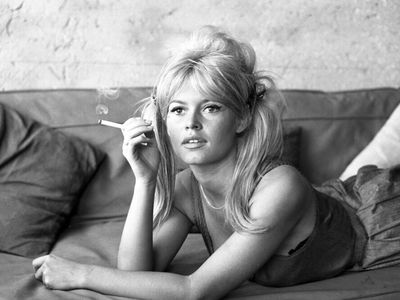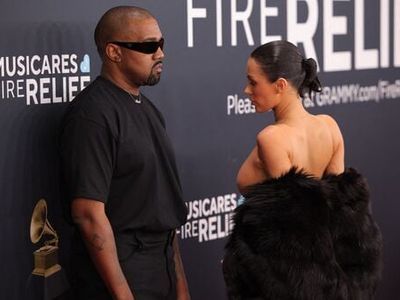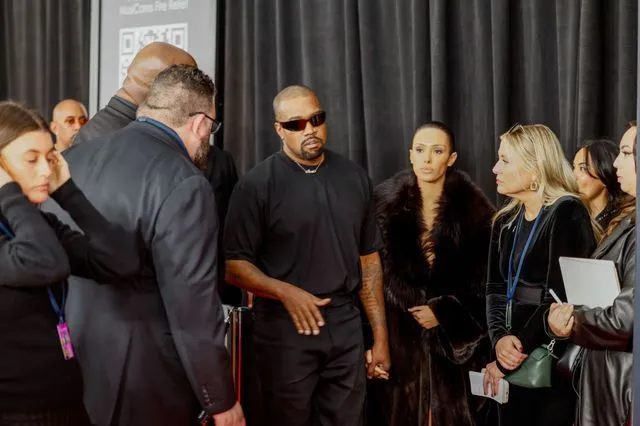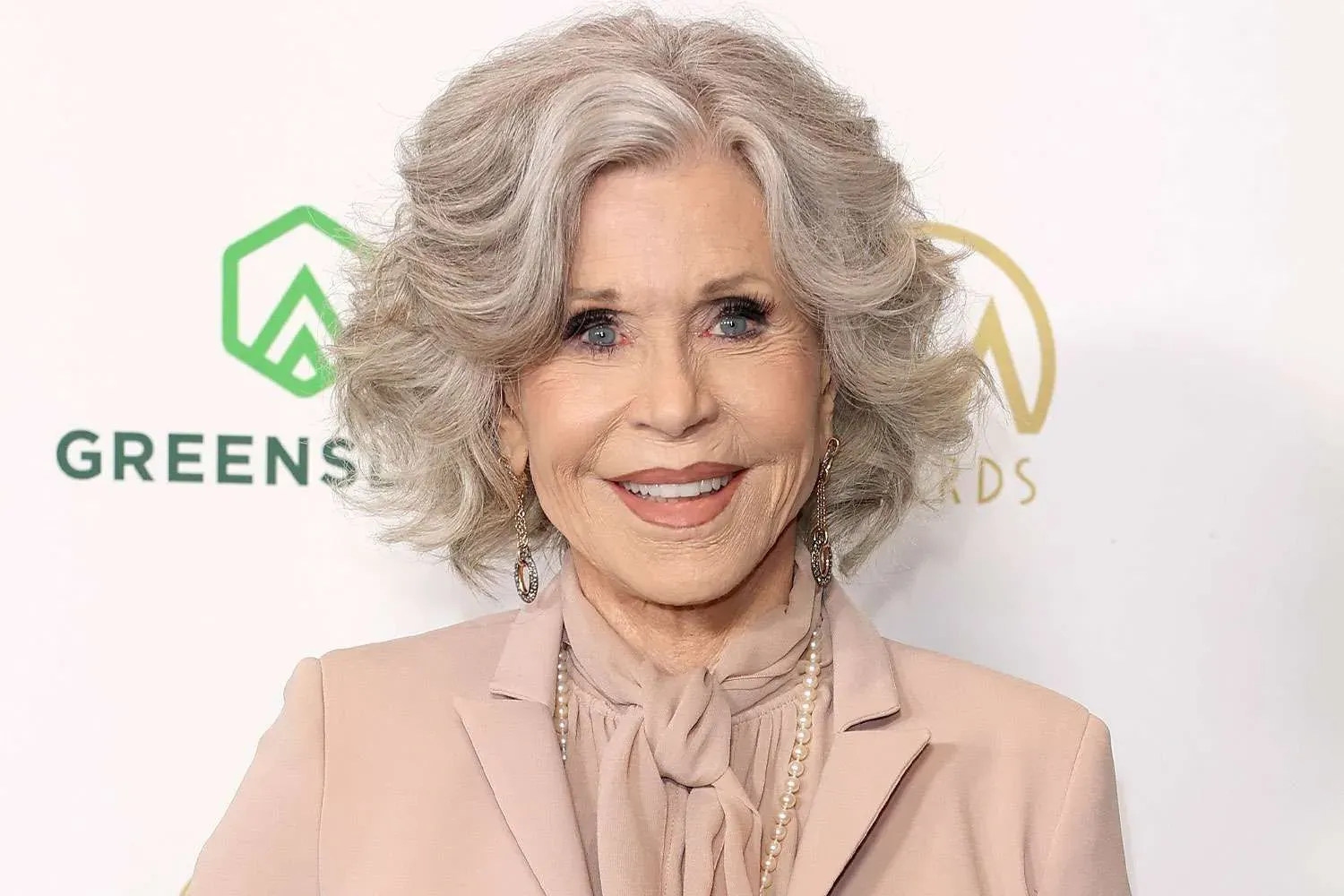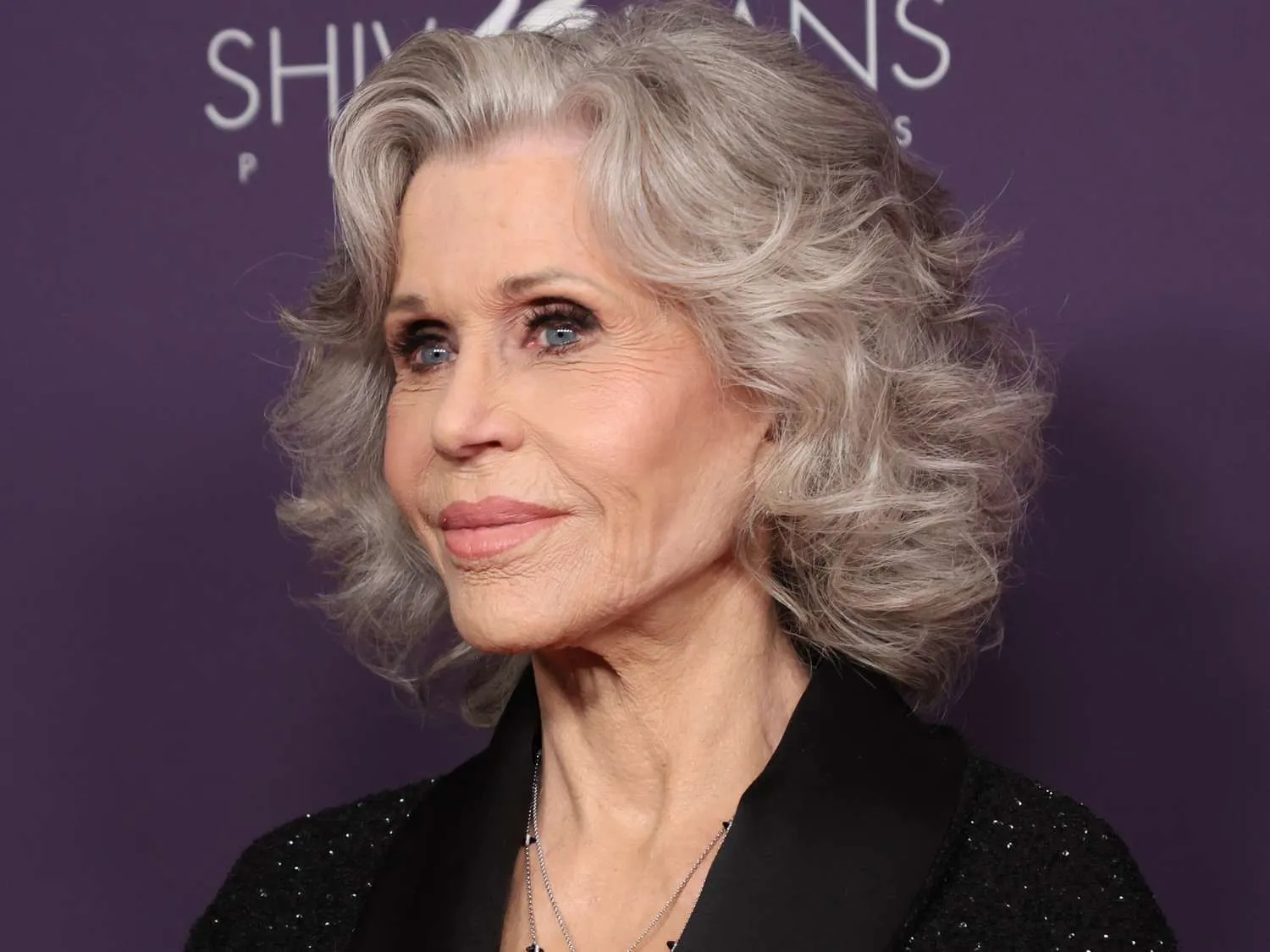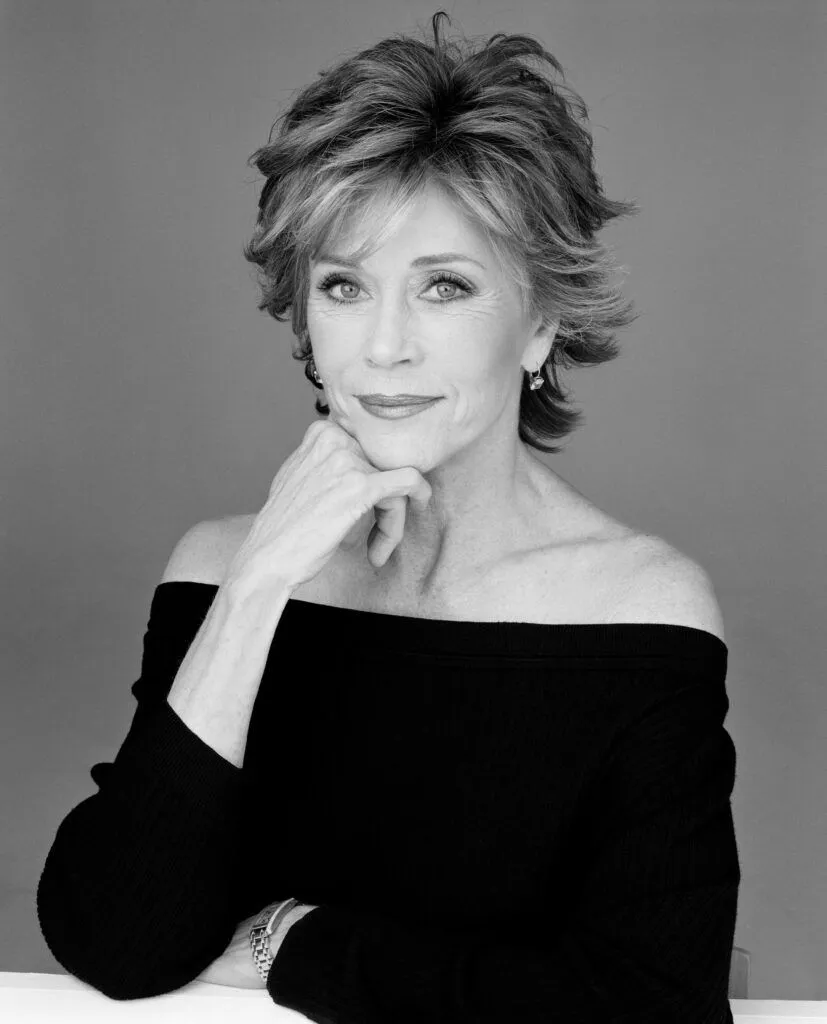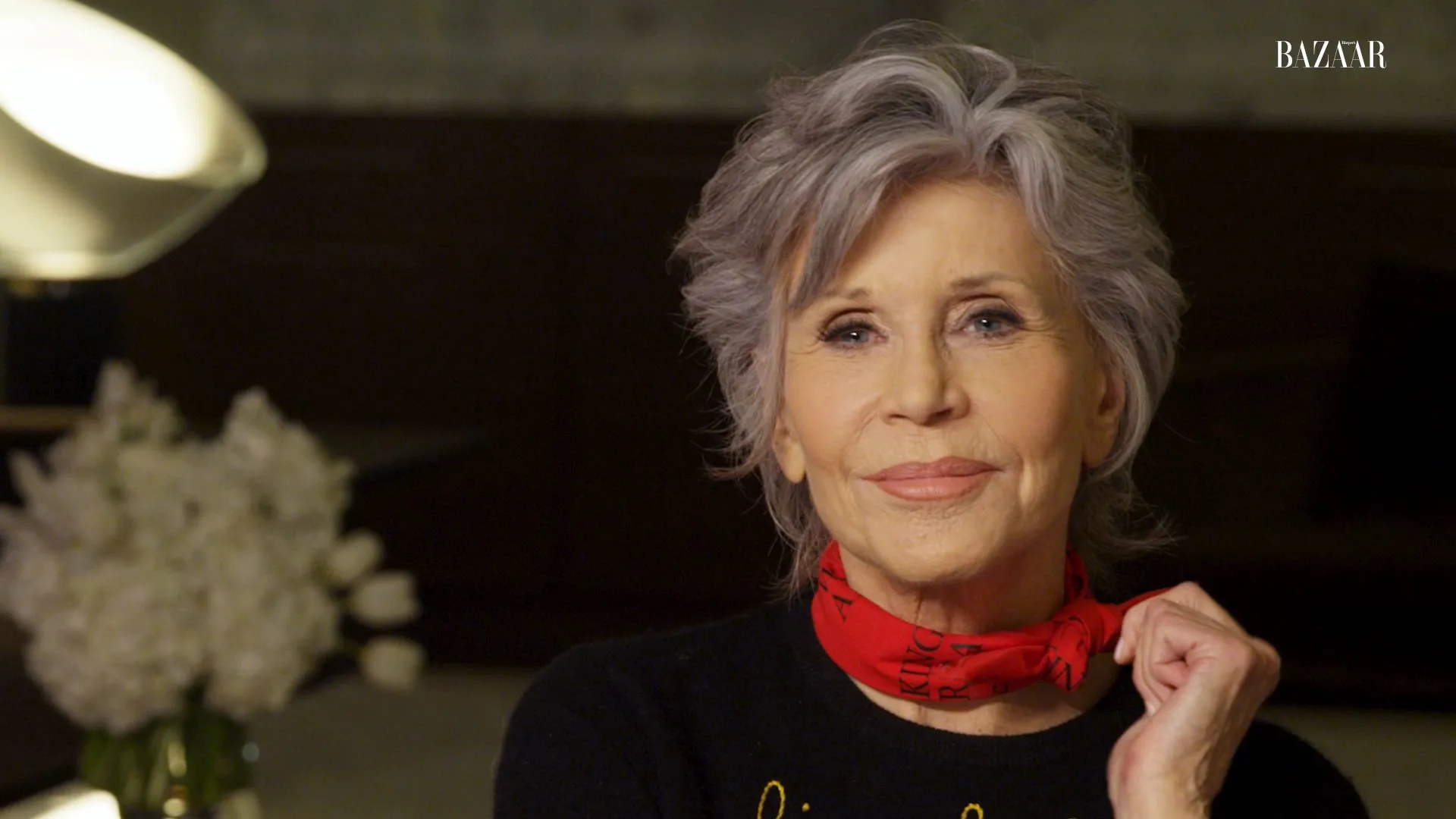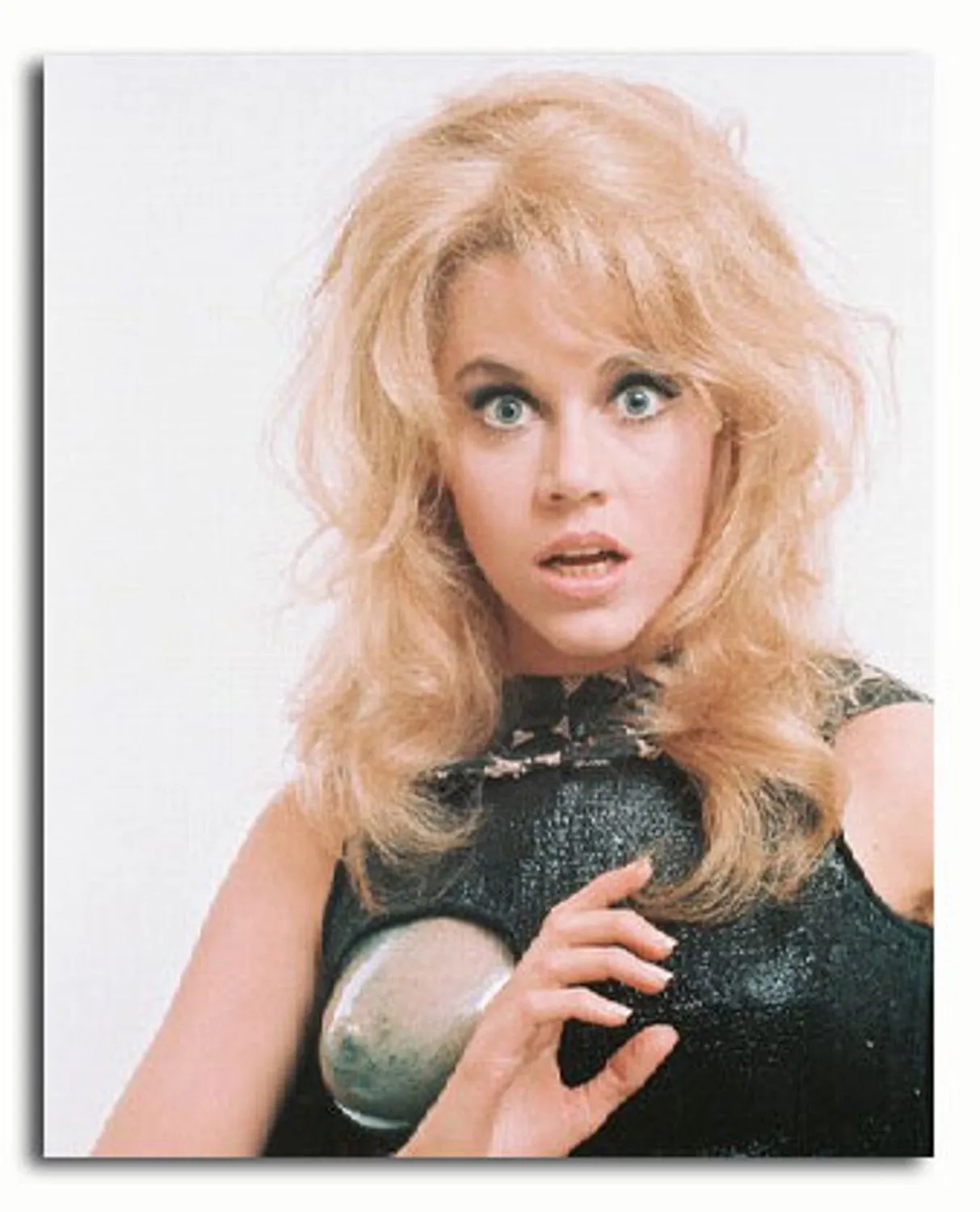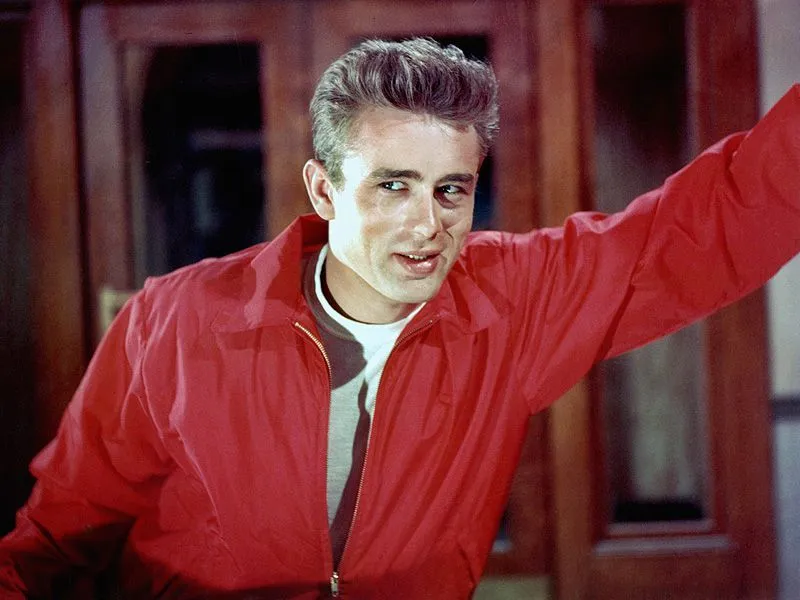Beyond The Beauty: Brigitte Bardot's Hidden Story
Who would've thought that one of cinema's most iconic sex symbols would become both a passionate animal rights activist and a highly controversial public figure? Brigitte Bardot captivated audiences worldwide in the 1950s and 60s with her provocative roles and ethereal beauty, becoming France's most celebrated actress without ever setting foot in Hollywood. Yet beneath the glamorous facade lay a complex woman whose later years would be defined by radical activism, inflammatory statements, and a complete rejection of her former stardom.
Early Career and Rise to Fame
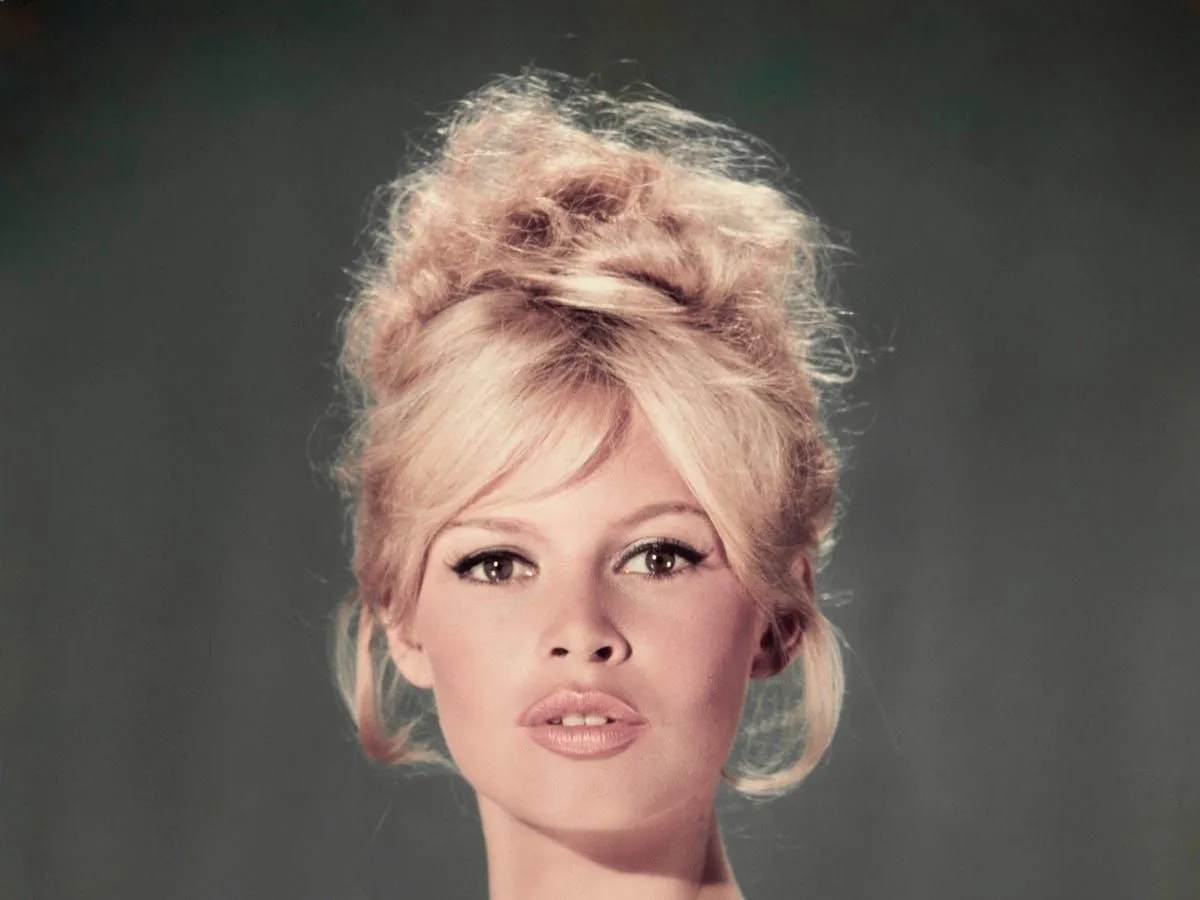
The path to stardom began in ballet, with young Brigitte studying at the prestigious National Superior Conservatory of Paris. Her mother's ambitious push into modeling paid off when she landed her first Elle magazine cover at just 15 years old. This watershed moment introduced the "jeune fille" look - a fresh-faced, proper teenage girl style that revolutionized fashion magazines.
Director Marc Allégret's assistant, Roger Vadim, spotted Bardot in another Elle cover shoot. Though she didn't get cast in Allégret's film, she fell in love with Vadim instead. Her parents vehemently opposed the relationship, even threatening to send her to England. After a tragic suicide attempt, they relented, allowing the couple to marry once Bardot turned 18. They wed in December 1952, setting the stage for the ingenue's transformation into an international sensation. Her ethereal beauty and natural charisma were undeniable, catching the attention of directors and audiences alike.
Breakthrough with 'And God Created Woman'
Roger Vadim's 1956 film "And God Created Woman" transformed Bardot from a promising starlet into an international phenomenon. The provocative film shocked audiences with its sexually liberated heroine - a departure from the demure female characters typical of that era. Bardot's character brazenly pursued multiple men, including her on-screen husband and his brother, displaying a sexual freedom previously unseen in cinema.
Initially, the film flopped in France, while several American states outright banned it. Yet this censorship paradoxically amplified its allure, drawing curious viewers eager to witness its alleged depravity. Vadim later explained to the Los Angeles Times that he aimed to portray a young woman who behaved like a man, free from moral or sexual guilt. The film's audacious themes and Bardot's uninhibited performance established her as cinema's first openly sensual actress. As biographer Marie-Dominique Lelièvre noted, Bardot became the first woman to publicly flaunt her sexual independence.
Personal Life and Relationships
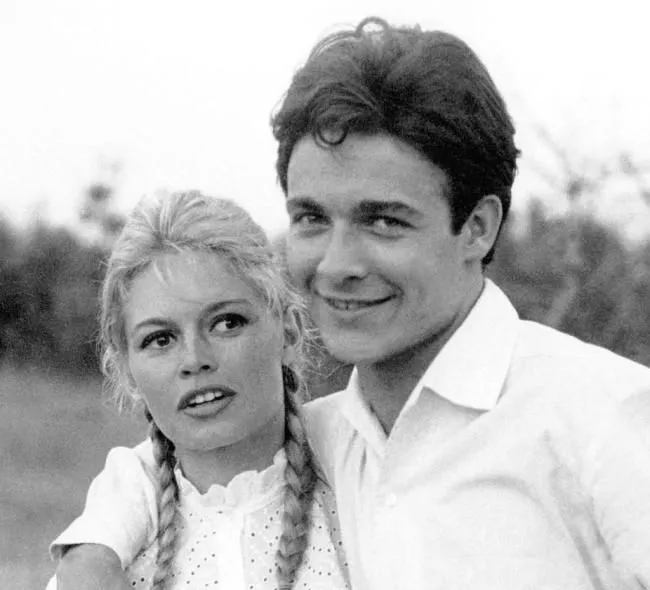
Bardot's romantic life proved as dramatic as her on-screen performances. Her marriage to Roger Vadim ended in 1957 after five tumultuous years. Following a string of passionate affairs, she wed actor Jacques Charrier in 1959, though this union would also dissolve.
Her most captivating relationship emerged in 1967 with French singer Serge Gainsbourg. Their first date nearly derailed when an intimidated Gainsbourg fled before its conclusion. Bardot offered him a second chance if he could compose "the most beautiful love song ever heard." Within 24 hours, he created two classics: "Je T'aime... Moi Non Plus" and "Bonnie et Clyde." Their sultry recording of "Je T'aime" would become legendary.
In 1966, she married German millionaire Gunter Sachs, but their lackadaisical approach to fidelity doomed the marriage by 1969. Finally, Bardot found lasting love with current husband Bernard d'Ormale, whom she's lived with for over two decades in relative seclusion.
Motherhood and Family Dynamics
Bardot's relationship with motherhood revealed a dark struggle that haunted her for decades. During her marriage to Jacques Charrier, she became pregnant with her only child, Nicholas, in 1959. Rather than experiencing maternal joy, Bardot was horrified. In her candid memoir "Initiales B.B.," she revealed attempting self-induced abortion by repeatedly punching her stomach, describing her once-flat belly as a "coffin lid" she was forced to close.
The troubled relationship with her son persisted throughout his life. Her raw confessions in her memoir proved costly - she was ordered to pay £28,000 in damages to Nicholas and Charrier for her hurtful remarks. The mother-son relationship remained fractured until 2014 when a surprising reconciliation occurred after she became a great-grandmother. This detachment from motherhood starkly contrasted with her later passionate devotion to animal welfare, where she channeled her nurturing instincts toward protecting vulnerable creatures instead.
Animal Rights Activism
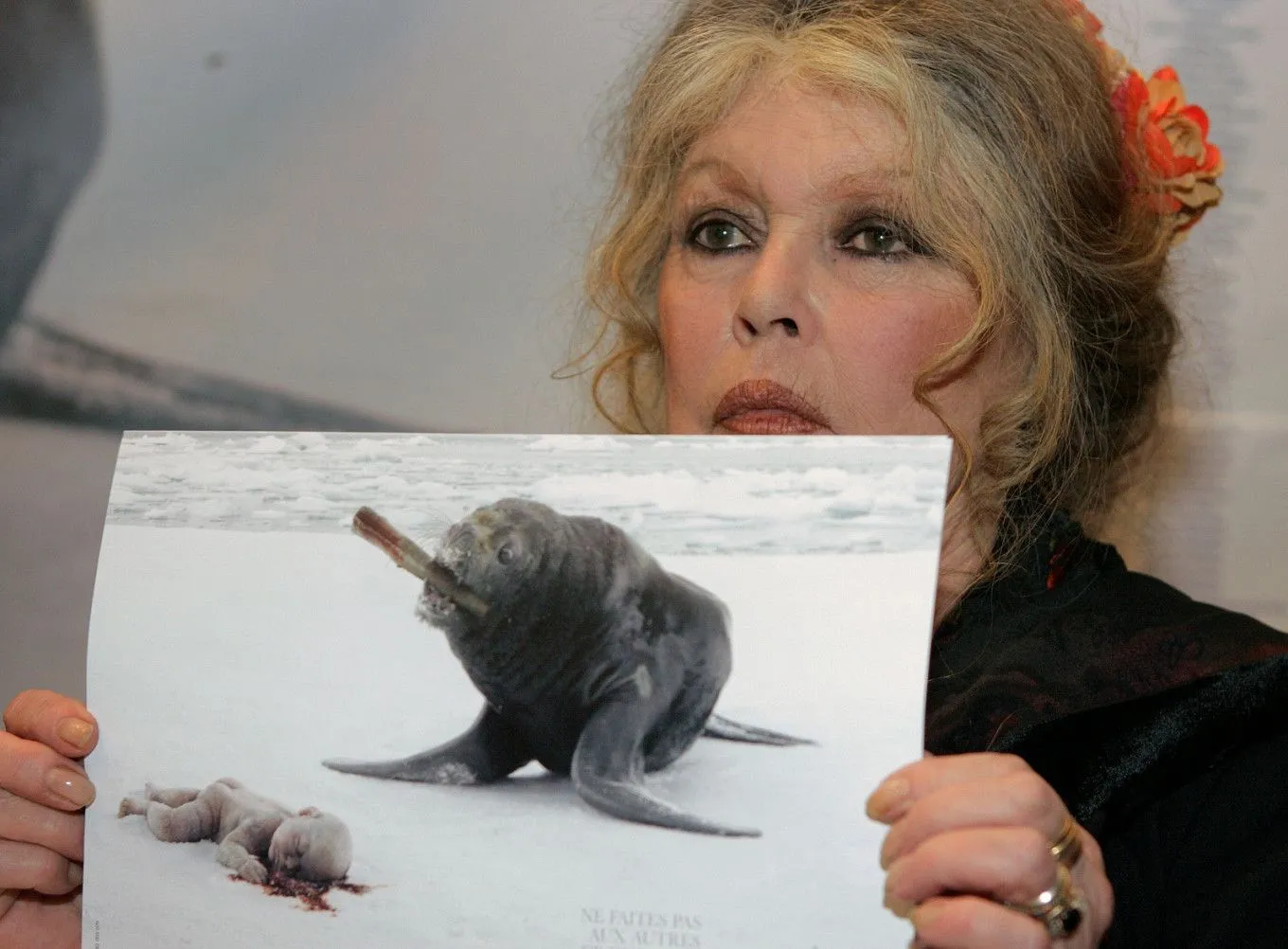
Bardot's metamorphosis from silver screen siren to ardent animal advocate began during her acting days, when she would rescue stray animals and harbor them in her hotel rooms between shoots. By 1977, just four years after retiring from film, she fully immersed herself in animal rights advocacy.
Her commitment proved unprecedented - she auctioned off most of her possessions, raising 3 million francs to establish the Brigitte Bardot Foundation. In her memoir "Tears of Battle," she revealed that her acting career had merely been a "stepping-stone" to her true calling. The foundation's spokesperson, Stephanie Roche, emphasized that no one had sacrificed more for animal welfare than Bardot.
She viewed her transition from acting to activism as moving from "fake" storytelling to "real" purpose. Her passion for animal protection became all-consuming, leading her to denounce everything from religious animal sacrifices to fur trading, often sparking controversy with her uncompromising stance.
Controversial Views and Legal Issues
Bardot's later years have been marred by a series of inflammatory statements and legal troubles. Since 1996, she's faced multiple fines for inciting racial hatred, particularly targeting Muslims in France. Her first offense came through an opinion piece in Le Figaro, where she decried France's "invasion by foreigners." These controversial views resurfaced in her 2000 book "Pluto's Square" and a 2006 letter to Nicolas Sarkozy, resulting in additional fines.
More recently, she sparked outrage by criticizing the #MeToo movement in Paris Match magazine, calling it "hypocritical and ridiculous." She dismissed sexual harassment concerns, stating she found such attention "charming" during her heyday. Despite claiming to be apolitical, her public statements continue to generate controversy. When confronted about her views, Bardot maintains that her only true cause is animal rights, though her inflammatory remarks about immigration and religion suggest otherwise.
